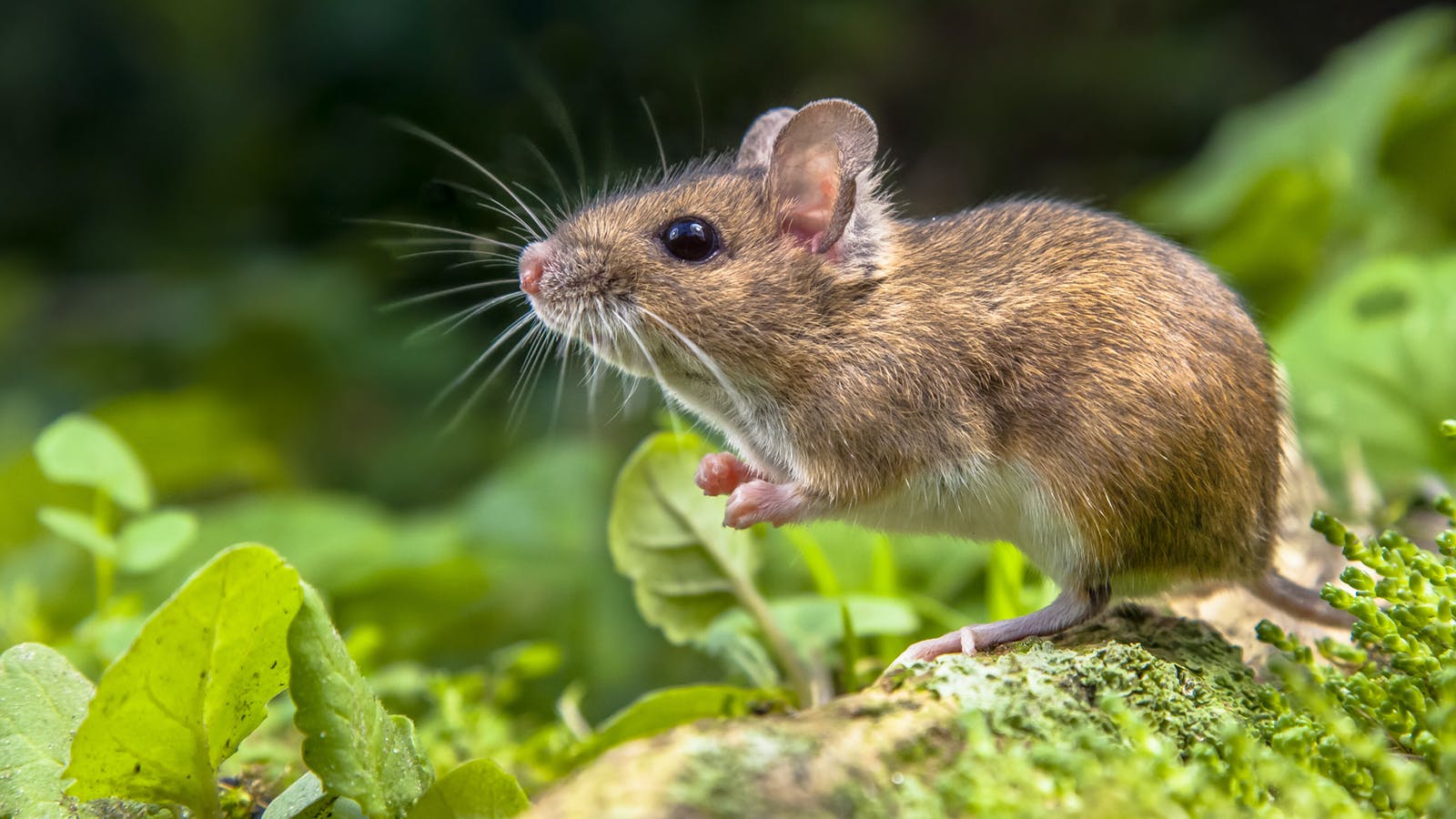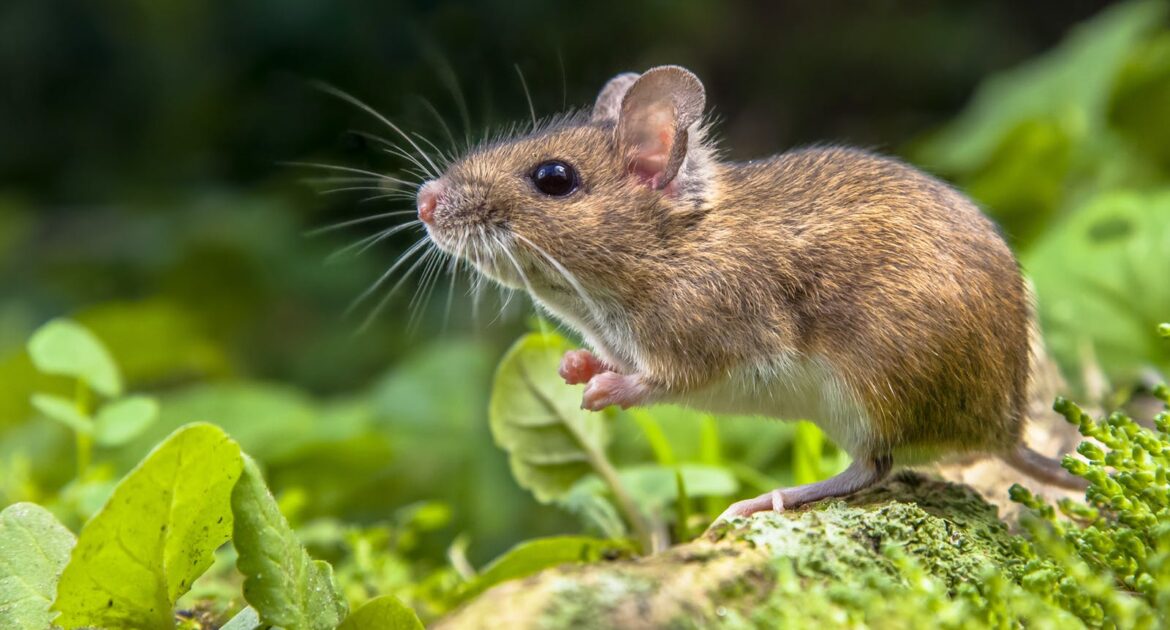When you think of mice, you might think of how they chew building materials and help themselves to the bagged pet food in your garage. While this might be frustrating, there is actually much more to these tiny creatures than meets the eye. As your source for mice removal in Niagara, we at Skedaddle Humane Wildlife Control want to help you understand how these animals play a vital role in the local ecosystem.
An Important Food Source
Mice play an important part in the local food chain. Although most species of mice are omnivores, meaning that they eat insects, fruits, seeds and vegetables, they also provide food for larger animals, including:
- Hawks and owls
- Foxes
- Snakes
- Skunks
If the natural mouse population becomes interrupted by too much baiting or poisoning, this could cause a problem further up the food chain and put larger predators in danger of starvation. In the case of larger birds of prey, a drop in the natural mouse population may cause them to lay fewer eggs or make it difficult for them to rear healthy chicks.
A healthy mouse population can be especially important in areas with a large human population. As humans build homes and encroach on territory inhabited by predatory animals, their food sources may start to vanish. As these animals adjust to living near humans, mice can provide them with the food they need to survive.
Seed Dispersion
Many local plants, from trees to flowering plants, depend on mice to transport their seeds to other areas, where they might germinate and grow into new plants. Mice might drop seeds while hoarding or storing food or they might leave them behind in their droppings. In many cases, mice do not consume all the seeds they hoard and in the spring, these may sprout into trees and other plants. This provides the environment with increased oxygen.
Mice also drop and disperse seeds in their droppings as they travel and burrow, which can carry and deposit seeds considerable distances. Mice defecate quite often during the day, as they have healthy appetites and spend much of their time eating whatever they can digest, including seeds. The droppings decay and any seeds that are passed whole may germinate.
Creating Healthy Soil
You might find mice nesting in your garage or in clutter inside your attic, prompting you to call us for services related to mice removal Niagara, but in the wild, many mice create tunnels or ground burrows to create their living spaces. During their digging and burrowing, these animals turn the soil and provide it with necessary aeration. Without it, the soil may not be as healthy and plants and fungi may struggle to grow. Over time, this could have a negative impact on the ecosystem as certain plants fail to grow and animals that depend on them for food or as homes may suffer.
Mouse droppings also provide soil the compost and other organic matter it needs to sustain germinating seeds and to prevent topsoil from drying out and blowing away, which could affect the area’s ability to support plant life. When soil cannot support plant life, it could affect the animals that live in that environment and disrupt the food chain as well.
Insect Control
Most species of mice eat small insects, their larvae and any eggs they can find. While some prefer nuts and seeds, mice that eat insects, spiders and their young can help keep populations down and prevent infestations from happening. Larger mice usually prey on crickets, roaches and smaller centipedes.
Mice contribute a great deal to the environment and ecosystem, from providing larger animals with prey to scattering seeds over larger areas so new vegetation has the opportunity to grow. However, if you have a mouse population problem in your home, our mice removal in Niagara can take care of these unwanted friends. Visit our website and contact us to learn about our removal and safeguarding options.





